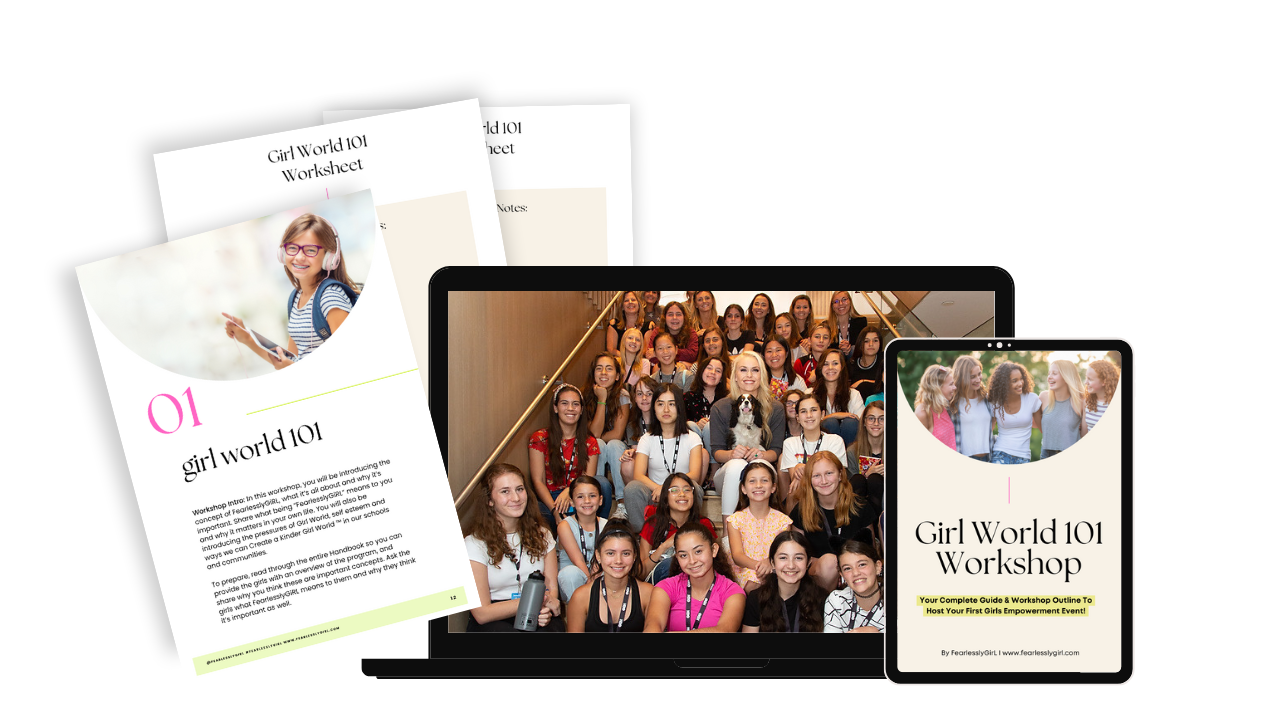The Science Behind Effective Coaching: What Research Tells Us About Teen Coaching
Apr 29, 2024
As the demand for coaching services expands, particularly among adolescents, understanding the scientific principles that make these interventions successful becomes crucial. Teen coaching, which blends elements of developmental psychology and educational theory, aims to guide young individuals through a pivotal stage of their lives. This blog post explores the scientific research that underpins effective coaching practices, specifically focusing on teen coaching, to highlight how these insights can enhance the way coaches engage with and support their teen clients.
Understanding Adolescent Brain Development
The teenage brain is still in development, undergoing significant changes that affect behavior, decision-making, and emotional response. Neuroscientific research reveals that the prefrontal cortex, which governs reasoning and impulse control, is one of the last areas to mature. This insight is crucial for coaches, as it emphasizes the need for patience and tailored strategies that consider the cognitive limitations and potentials of teens. Coaches can apply this knowledge by designing interventions that boost decision-making skills and self-regulation, supporting the natural developmental processes occurring in the teenage brain.
The Role of Emotional Intelligence in Teen Development
Emotional intelligence plays a critical role in effective teen coaching. Research indicates that emotional intelligence, which involves self-awareness, empathy, and handling interpersonal relationships judiciously, significantly influences teens' social interactions and academic success. Coaches trained in emotional intelligence can better connect with and understand the challenges teens face, making them more effective in facilitating personal growth. Furthermore, teaching teens how to improve their own emotional intelligence can help them navigate their complex emotional landscapes, improve their social skills, and reduce anxiety and depression.
Impact of Goal-Setting and Positive Reinforcement
Goal-setting theory has been extensively studied in organizational psychology and is equally applicable in the context of teen coaching. Setting specific, challenging, yet achievable goals can motivate teens and enhance their performance in various areas, including academics and personal growth. Coaches who employ evidence-based goal-setting strategies help teens improve their self-efficacy and resilience. Additionally, incorporating positive reinforcement throughout the coaching process encourages continued effort and commitment to achieving these goals, reinforcing a growth mindset that is essential during adolescent years.
Building Resilience Through Coaching
Resilience training is another area where scientific research intersects significantly with teen coaching. Studies show that resilience can be developed and strengthened through specific strategies, such as problem-solving training, stress management techniques, and building supportive relationships. Coaches who focus on resilience can equip teens with the tools to handle setbacks and challenges, a crucial skill set for both personal and academic success. This not only helps teens cope with immediate issues but also prepares them for future challenges, promoting long-term well-being.
Effective Communication Strategies
Communication is a cornerstone of any coaching relationship, but it holds particular importance in teen coaching. Research in communication studies suggests that active listening, open-ended questioning, and empathetic responses are effective in building rapport and trust with teens. Coaches who are skilled communicators can create a safe environment where teens feel valued and understood, fostering openness and honesty that are critical for successful coaching outcomes.
The science behind effective coaching provides valuable insights that can significantly enhance the practice of teen coaching. By understanding the developmental needs of adolescents, employing strategies rooted in emotional intelligence and resilience, and using effective goal-setting and communication techniques, coaches can offer more impactful support to their teen clients. As research continues to evolve, staying informed about these scientific principles is essential for any coach dedicated to fostering the development of young people.
⭐️ Ready to start making an impact and income empowering girls as a coach and mentor? Check out our Girls Empowerment Leader Certification and get access to in depth training, marketing materials, done for you workshops, school summits and a 4 part mom/daughter workshop series you can start running in your community (and beyond!) right away! And, you won't believe the bonuses...
You're one step away from exclusive weekly content in the FearlesslyGiRL Edit.
Introducing: The FearlesslyGiRL Edit - a weekly newsletter for girls empowerment leaders, coaches mentors, advocates & educators. Fill out the form below and get on the list! New editions every Monday.
We hate SPAM. We will never sell your information, for any reason.




